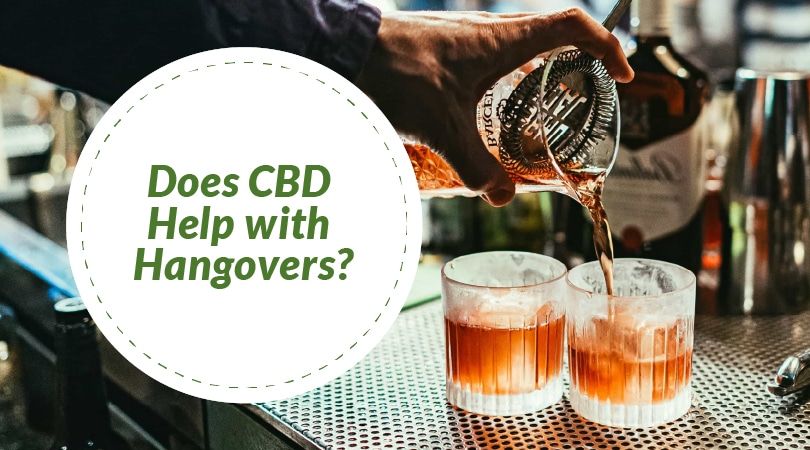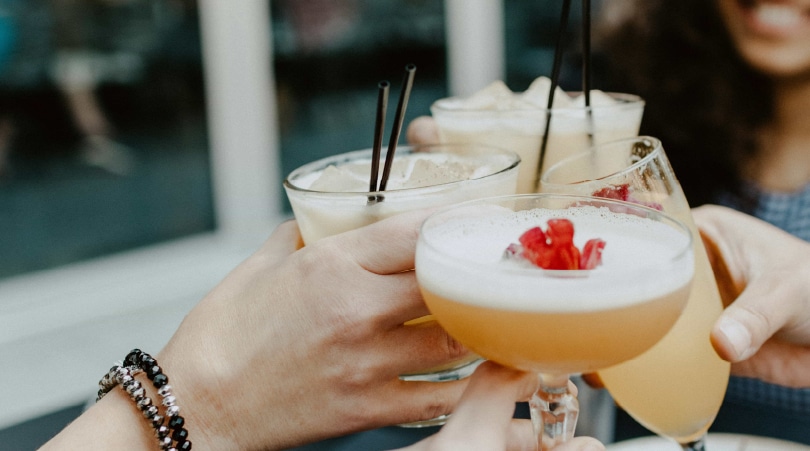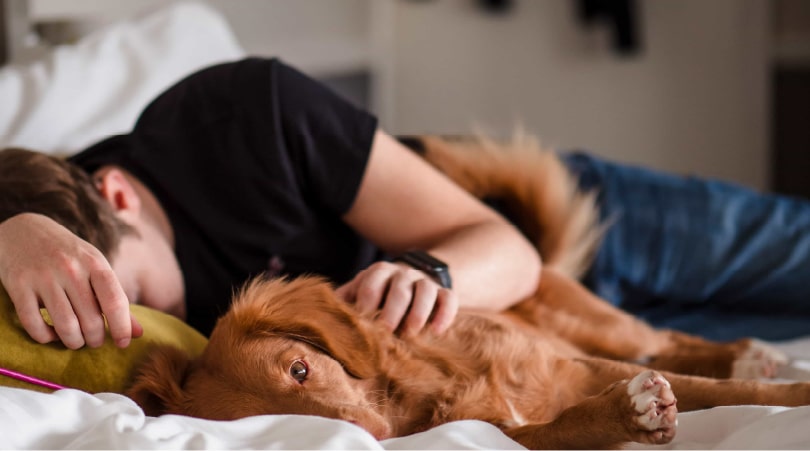
Does CBD Help with Hangovers?
Living your best life often includes sharing good times with friends and family—birthdays, weddings, parties—and alcohol usually tags along. Unfortunately, that sometimes means waking up with a hangover. While some people believe certain drinks (beer, wine, whiskey, etc.) are more likely to cause hangovers, it’s often more about how much and how fast you drink.
If you want to be ready for the morning after, this guide breaks down why hangovers happen, what might help with the symptoms, and how CBD could potentially help.

Why Do Hangovers Happen?
Hangovers come with a variety of symptoms—there’s no one-size-fits-all cure. One of the main causes? Drinking too much, too fast. Your body can only process about one standard drink per hour. Go faster than that and you risk:
- Dehydration
- Upset stomach
- Electrolyte loss
- Low blood sugar
These issues can lead to symptoms like:
- Fatigue
- Restless sleep
- Body aches
- Dizziness
- Nausea or vomiting
- Inflammation
- Emotional distress
- Light or sound sensitivity
- Headaches
- Brain fog
How to Relieve Hangover Symptoms
Here are some simple remedies that may help:
- Hydrate: Drink water or electrolyte drinks to flush out alcohol and rebalance your system.
- Use CBD Oil: Full Spectrum Organic CBD Oil could activate cannabinoid receptors in your endocannabinoid system that help regulate nausea and vomiting. It also has anti-inflammatory and antioxidant properties that might ease soreness and fatigue. For more on how CBD can help with nausea, check out our Does CBD Help with Nausea? article.
- Eat light meals: Easy-to-digest foods could help stabilize blood sugar. And yes, a small amount of coffee might help with a headache.
These steps may support a faster recovery—calming your mood, helping you sleep better, and reducing body aches.

Long-term Benefits of CBD
Beyond short-term relief, CBD could also support long-term wellness for people who drink alcohol regularly. A study called “Effects of cannabidiol on alcohol-related outcomes: A review of preclinical and human research” suggested that CBD may reduce alcohol consumption and protect against liver and brain damage in people with alcohol use disorder.
A systematic review conducted a comprehensive search strategy in which 303 unique potential articles were identified, and 12 ultimately met criteria for inclusion:
- 8 using rodent models
- 3 using healthy adult volunteers
- 1 using cell cultures
The findings suggest that CBD might protect brain cells from alcohol-related stress and overactivity, which can contribute to cognitive decline. Researchers also say that CBD could reduce the release of harmful molecules in immune cells exposed to alcohol.
What’s the Best Type of CBD for Hangovers?
The best type of CBD for a hangover really depends on your personal needs, expectations, and tolerance. What works well for one person might not work the same for another. That said, many people report having a better experience and broader benefits with full-spectrum CBD oil. Thanks to its wide range of cannabinoids, terpenes, and flavonoids, it may offer enhanced effects through what’s known as the entourage effect. Just make sure to follow dosage guidelines when using it.
When Not to Take CBD
If your hangover is severe, CBD might not be the best move. Your liver is busy clearing out toxins, and adding anything extra could slow the process.
Watch for signs of alcohol poisoning:
- Constant vomiting
- Confusion
- Low body temperature
- Passing out or unconsciousness
- Slowed breathing or heart rate
- Seizures
If you notice any of these, get medical help right away.
Also, while research indicates that the interaction of cannabidiol and alcohol in humans does not significantly impact motor or cognitive performance and may slightly lower blood alcohol levels, it’s still not a great idea to mix it with alcohol. The combination can make the effects of both substances unpredictable.
Final Thoughts
CBD could be a helpful tool for dealing with hangover symptoms and supporting long-term wellness, especially when used responsibly. Just remember:
- Stay hydrated
- Eat healthy
- Rest and listen to your body
If you have ongoing conditions or take medication, consult a healthcare professional before adding CBD to your routine.
References
Nona CN, Hendershot CS, Le Foll B. Effects of cannabidiol on alcohol-related outcomes: A review of preclinical and human research. Exp Clin Psychopharmacol. 2019 Aug;27(4):359-369. doi: 10.1037/pha0000272. Epub 2019 May 23. PMID: 31120285.
Turna J, Syan SK, Frey BN, Rush B, Costello MJ, Weiss M, MacKillop J. Cannabidiol as a Novel Candidate Alcohol Use Disorder Pharmacotherapy: A Systematic Review. Alcohol Clin Exp Res. 2019 Apr;43(4):550-563. doi: 10.1111/acer.13964. Epub 2019 Feb 19. PMID: 30698831; PMCID: PMC6910215.
Parker LA, Rock EM, Limebeer CL. Regulation of nausea and vomiting by cannabinoids. Br J Pharmacol. 2011 Aug;163(7):1411-22. doi: 10.1111/j.1476-5381.2010.01176.x. PMID: 21175589; PMCID: PMC3165951.
Consroe P, Carlini EA, Zwicker AP, Lacerda LA. Interaction of cannabidiol and alcohol in humans. Psychopharmacology (Berl). 1979;66(1):45-50. doi: 10.1007/BF00431988. PMID: 120541.
Atalay S, Jarocka-Karpowicz I, Skrzydlewska E. Antioxidative and Anti-Inflammatory Properties of Cannabidiol. Antioxidants (Basel). 2019 Dec 25;9(1):21. doi: 10.3390/antiox9010021. PMID: 31881765; PMCID: PMC7023045.
